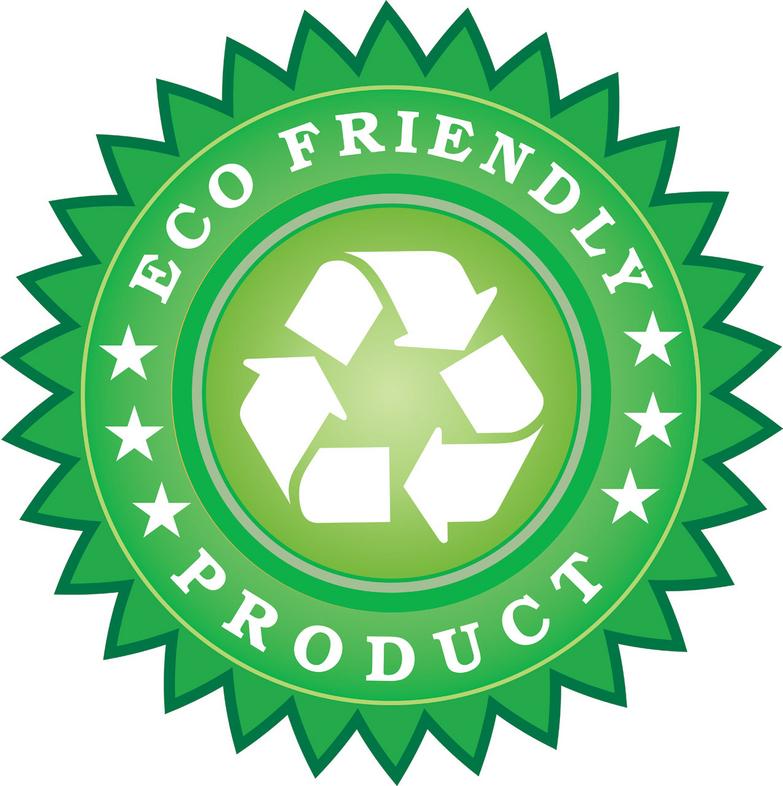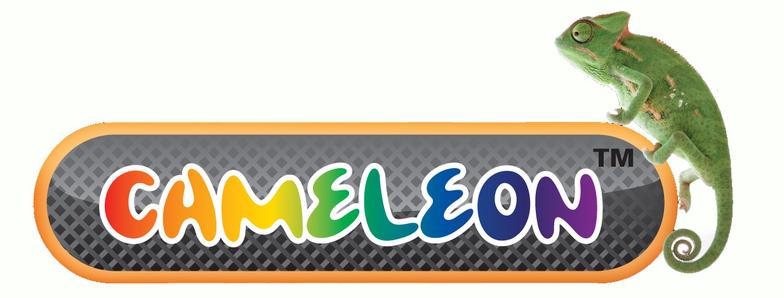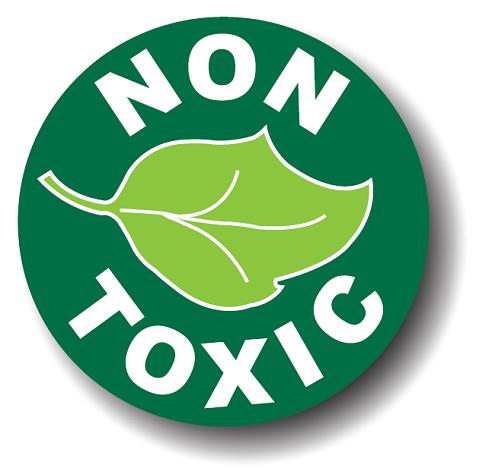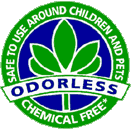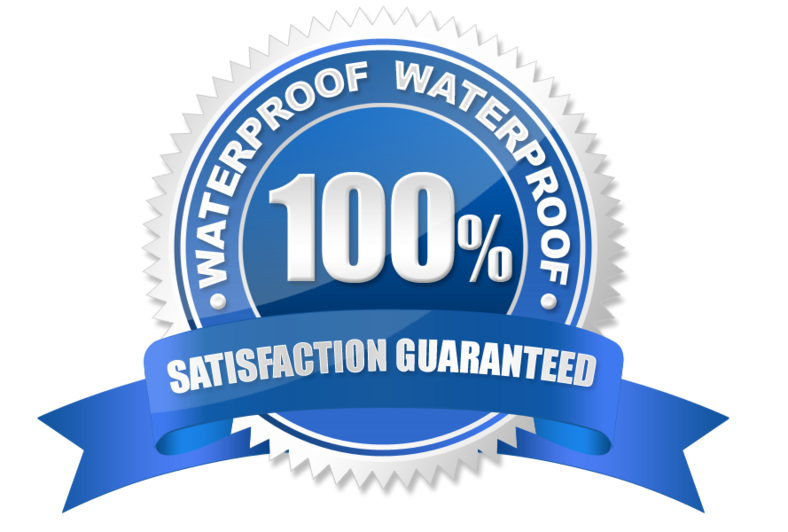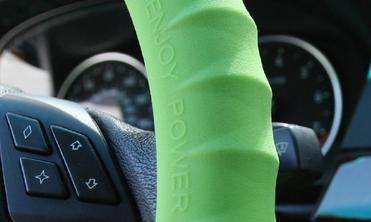Basics to the benefits of silicone:
Natural: Silicone is an inert, rubber-like material, that is safe, durable and pliable. Silicone is made up of silicon (a natural element present in organic materials like sand, quartz and rock). Silicon is transformed into silicone when combined with oxygen, carbon and hydrogen.
Non-Toxic: Because it is a natural material, it does not contain any toxic chemicals like those found in plastics like BPA, Lead and Phthalates. It is also hygienic, hypoallergenic and resistant to bacteria. Silicone does not react with food or beverages and does not produce any hazardus fumes.
Clean: Silicone is extremely easy to clean. It can be safely boiled to sterilize and can be cleaned in the dishwasher. Certain strong smelling foods can permeate silicone, although this can be easily remedied by boiling in water. Silicone also doesn't warp or damage under prolonged exposure.
Versatile: Silicone can withstand both hot and cold temperatures. Also resistant to age, sunlight, moisture and chemicals. Silicone has the capacity to evenly distribute heat and the ability to cool instantly after heated. Highly portable and durable, these can easily replace disposable dishware. Microwave, freezer and dishwasher safe.
For all these reasons, we love silicone as a material for safe products for your home and family.
How Silicone are being used in many applications:
Silicones are inert, synthetic compounds with a variety of forms and uses. Typically heat-resistant and rubber-like, they are used in sealants, adhesives, lubricants, medical applications(e.g., breast implants, cookware, and insulation
Silicone seems to be more expensive than other rubber, why is this?
Silicone is more expensive than most rubber types because it is a speciality high performance polymer with outstanding qualities. It is made in relatively low quantities and requires expensive and complicated primary manufacturing facilities.
©2012 Cameleon Cover USA. All rights reserved
Understanding Silicone characteristics for reference
Silicone
News ,Updates & Special Offers!
NEWSLETTER
Patented: No US683,288S

